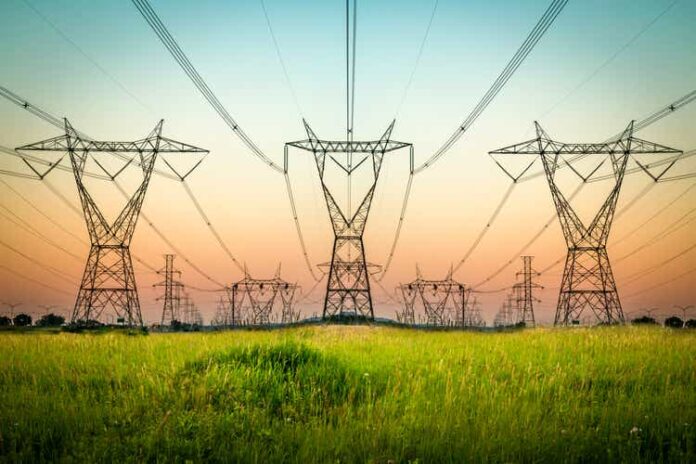
Gargolas/iStock via Getty Images
The Federal Energy Regulatory Commission approved two new rules Monday that are expected to make it easier to expand the construction of big power lines and bring more renewable energy to U.S. homes and businesses.
One rule will require companies that produce and transmit electricity to weigh factors such as supply and demand over at least 20 years; the other addresses permitting of critical projects in areas that lack adequate transmission capacity.
The long-term plans will need to account for the impact of extreme weather tied to climate change along with the cost of projects, with the intent of making the U.S. power grid more resilient to more frequent climate-fueled extreme weather events.
The rule requiring long-term planning is “the biggest single action by the federal government to advance transmission,” Rob Gramlich, President of power consulting firm Grid Strategies, tells The Wall Street Journal.
FERC’s lone Republican commissioner voted against the long-term planning rule, saying it is unfair to consumers and oversteps the government’s authority.
ETF: (NYSEARCA:XLU)
More on Utilities Select Sector SPDR Fund ETF
Source link






